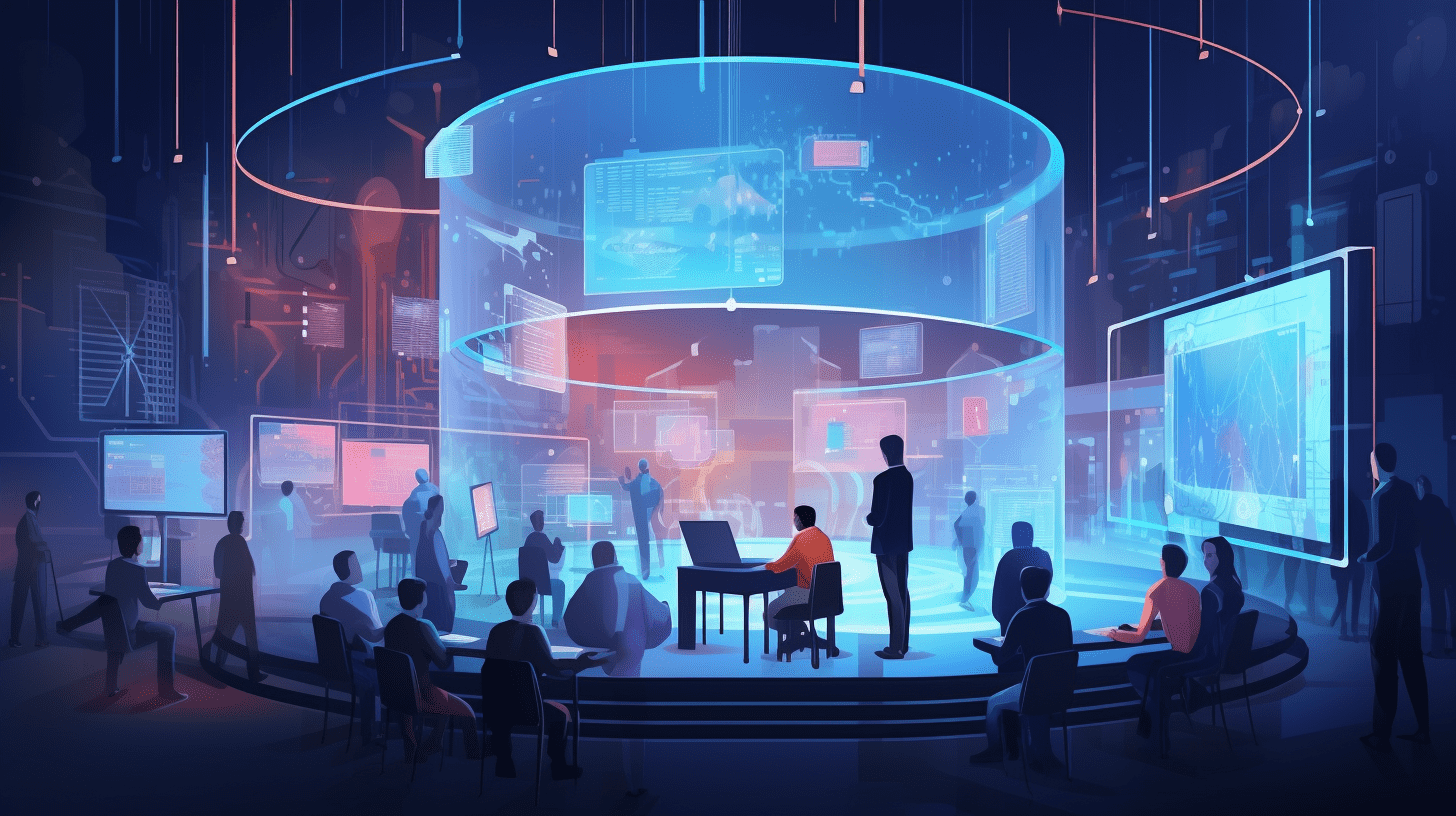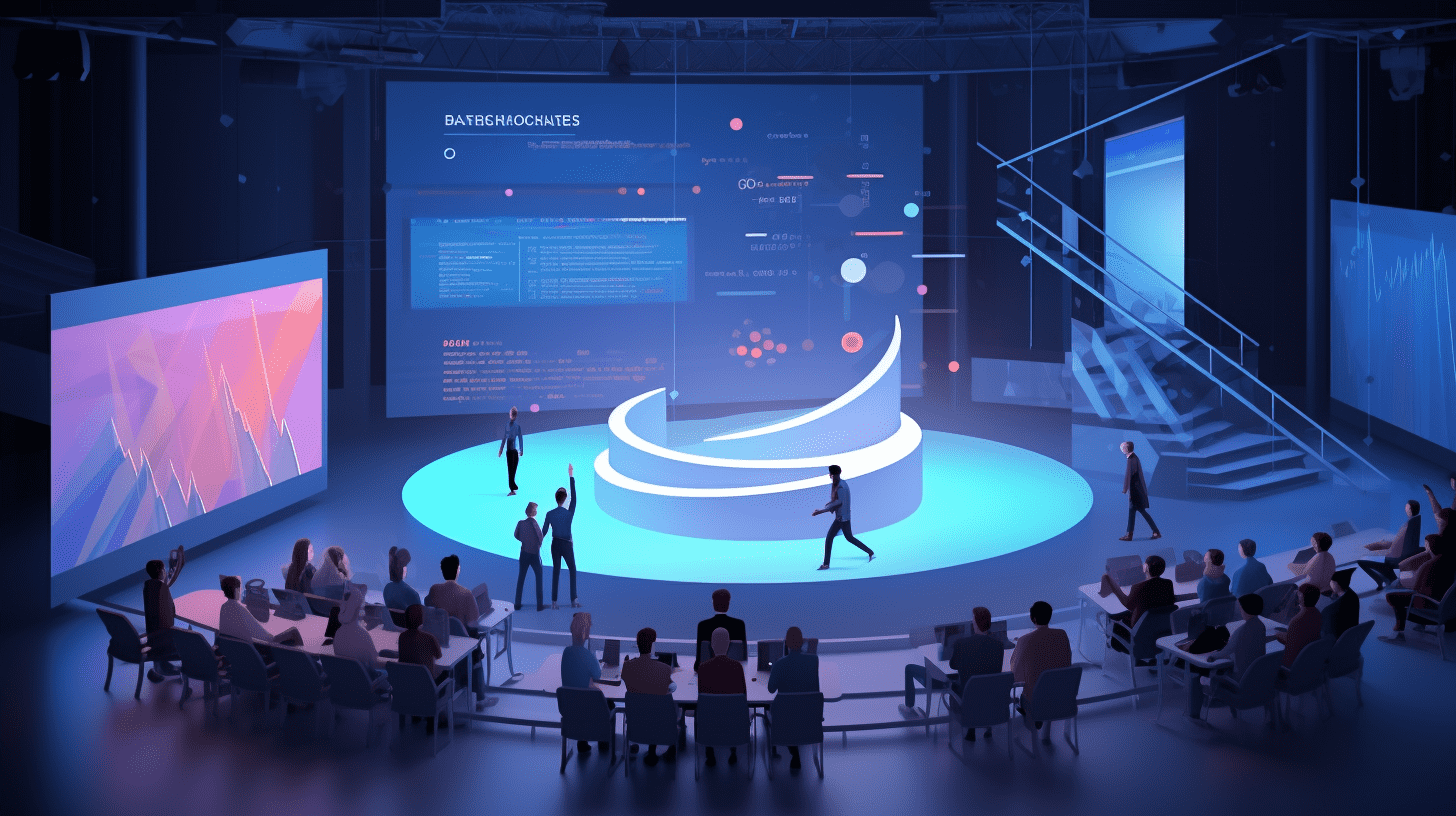Hideo Ueda cautiously stated that it is difficult to stop the market from betting on the timing of the Bank of Japan's interest rate hike, which may be significantly advanced to October.
With President Trump announcing multiple agreements, including the US-Japan trade deal, market expectations for Japan's trade prospects are becoming clearer.
Notice that, as President Trump announced multiple agreements including the U.S.-Japan trade deal, market expectations for Japan's trade outlook have become clearer, and observers at the Bank of Japan are already predicting the timing of the next rate hike.
The latest survey shows that out of 45 surveyed economists, approximately 42% expect the Bank of Japan to raise rates in October, a significant increase from the previous survey's 32%. This survey was conducted before the announcement of the U.S.-Japan trade deal on July 22, and before the Bank of Japan's policy meeting. The proportion of economists predicting a rate hike in January next year has slightly decreased to one-third, while the proportion predicting a rate hike in December has doubled to 11%.
Although no one considers the September meeting as the likely time for a rate hike, in a risk scenario, about one-fourth of those surveyed believe a rate hike could happen as early as the following month. Approximately 60% believe that a rate hike could start as early as October.
October emerges as the most popular time for the Bank of Japan to raise rates
These results suggest that even after Bank of Japan Governor Haruhiko Kuroda signaled caution on Thursday, the majority of observers still believe that the time for a rate hike is approaching. Analysts point out that the Bank of Japan's unexpected upward revision of inflation forecasts and adjustment of risk balance assessment are evidence paving the way for a rate hike.
Kento Minami, senior economist at Daiwa Securities, said, "This meeting has set the stage for the next rate hike," "Given the potential risks of rising food prices and a weak yen, as long as the resilience of business activity is confirmed, the conditions for another rate hike this year are already in place."
In the quarterly outlook report released by the Bank of Japan last Thursday, the inflation forecast for this fiscal year was significantly raised from 2.2% to 2.7%. With the Bank now seeing overall balanced price risks compared to three months ago when they only saw downside risks.
However, Kuroda downplayed the hawkish tendencies in the report during the post-meeting press conference, repeatedly emphasizing that while uncertainty has slightly decreased, it still remains high, and stating that "the risk of lagging behind the curve in responding to inflation is low," implying there is no urgent need for a rate hike.
Naka Matsuzawa, chief strategist at Nomura Securities, believes that despite Kuroda's caution at the press conference, the overall tone of the Bank's statement remained hawkish, partly because of Kuroda's denial of the possibility of policy lag, which is considered taboo for the Bank.
The survey shows that 49% of economists believe Kuroda's stance is neutral, 44% believe it is dovish, and only 5% see it as hawkish.
These comments led to the yen falling below the psychological barrier of 150 against the US dollar, hitting its lowest level since March on Friday. Given that the weak yen was a key factor in pushing the Bank of Japan towards policy changes in the past, analysts believe history may repeat itself.
Approximately 44% of those surveyed believe that the yen is increasingly becoming a key factor in triggering a rate hike, 35% hold the opposite view, and about 20% say it is difficult to judge.
Takeshi Yamaguchi, chief economist for Japan at Morgan Stanley MUFG Securities, said, "If the yen depreciates significantly, the Bank of Japan may choose to raise rates early while emphasizing potential risks of inflation."
Aside from the economic pressure caused by tariffs and the weak yen, many analysts point out that political uncertainty may become an obstacle to the Bank's monetary policy operations. Prime Minister Yoshihide Suga suffered a historic defeat in the upper house elections on July 20, with his ruling coalition losing its majority in both houses of the Diet, and he is facing pressure to resign.
Approximately 71% of the surveyed economists believe that if Suga is replaced by a proponent of monetary easing, the Policy Board led by Kuroda may not be able to raise rates this year, while 19% hold the opposite view.
Given Kuroda's repeated emphasis on the need for a comprehensive and cautious analysis of data before considering a rate hike, some observers question whether the Bank of Japan can gather enough data support for another rate hike by the end of the year.
Shigeto Nagai, former head of the Bank of Japan's International Department and current head of Japan at the Oxford Economics Institute, said, "Even if the impact of tariffs is ultimately less than expected, it will still take time for the data to confirm, and there is no possibility for another rate hike this year."
Related Articles

Musk issues another warning: Without AI and Siasun Robot&Automation, the U.S. will definitely go bankrupt by 1000%

After making a large-scale AI investment: Amazon, Google, and Meta will spend all their cash flow?

Behind this week's big fluctuations in the US market: hedge funds "shorting everything", software stocks starting to attract buying interest on Thursday, and a "cruel squeeze" on Friday.
Musk issues another warning: Without AI and Siasun Robot&Automation, the U.S. will definitely go bankrupt by 1000%

After making a large-scale AI investment: Amazon, Google, and Meta will spend all their cash flow?

Behind this week's big fluctuations in the US market: hedge funds "shorting everything", software stocks starting to attract buying interest on Thursday, and a "cruel squeeze" on Friday.

RECOMMEND

Nine Companies With Market Value Over RMB 100 Billion Awaiting, Hong Kong IPO Boom Continues Into 2026
07/02/2026

Hong Kong IPO Cornerstone Investments Surge: HKD 18.52 Billion In First Month, Up More Than 13 Times Year‑On‑Year
07/02/2026

Over 400 Companies Lined Up For Hong Kong IPOs; HKEX Says Market Can Absorb
07/02/2026


